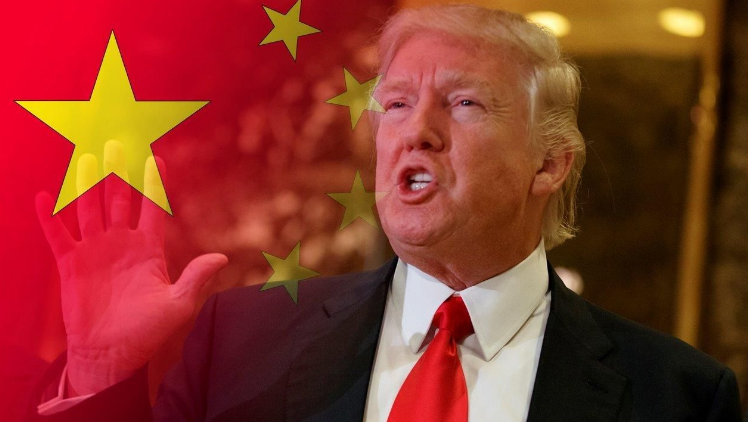 I wrote a few words in my previous posting about the current controversy in the U.S.A. about the war of words between President Trump and much of the “legacy” mainstream media.
I wrote a few words in my previous posting about the current controversy in the U.S.A. about the war of words between President Trump and much of the “legacy” mainstream media.
The focus of the debate on this issue has shifted a little over the weekend, as the CEO of Twitter, Jack Dorsey, admitted his staff leaned left, but emphasized that his company his careful to avoid letting that to translate into any operational bias. He states that Twitter polices behavior, not ideological content. This is in response to fresh allegations against Twitter of “shadow banning” predominantly right-wing commentators.
President Trump weighed into the debate himself, ironically with a series of tweets, which included the following commentary: “Social Media is totally discriminating against Republican/Conservative voices…Speaking loudly and clearly for the Trump Administration, we won’t let that happen…Too many voices are being destroyed, some good & some bad, and that cannot be allowed to happen…Censorship is a very dangerous thing & absolutely impossible to police… If you are weeding out Fake News, there is nothing so Fake as CNN & MSNBC, & yet I do not ask that their sick behavior be removed.”
While fans of CNN and MSNBC won’t like to see these media placed on a par with the cranky conspiracy theorist Alex Jones, President Trump is deliberately bringing the argument back to the problem inherent in all limitations of free speech on the grounds of hate, incitement, racism etc. which is – who decides? If someone is going to decide, how do they implement their decisions fairly and consistently? The U.S.A. is one of the very few countries with a constitutional guarantee that the government shall not make any law restricting freedom of the press. Of course, a private company can probably get away with doing what they want.
It will be very interesting to see how this develops. President Trump probably doesn’t have the power to do much about it, but he can certainly influence the debate. Several other democracies have accepted increasing limitations on free speech in recent decades.
